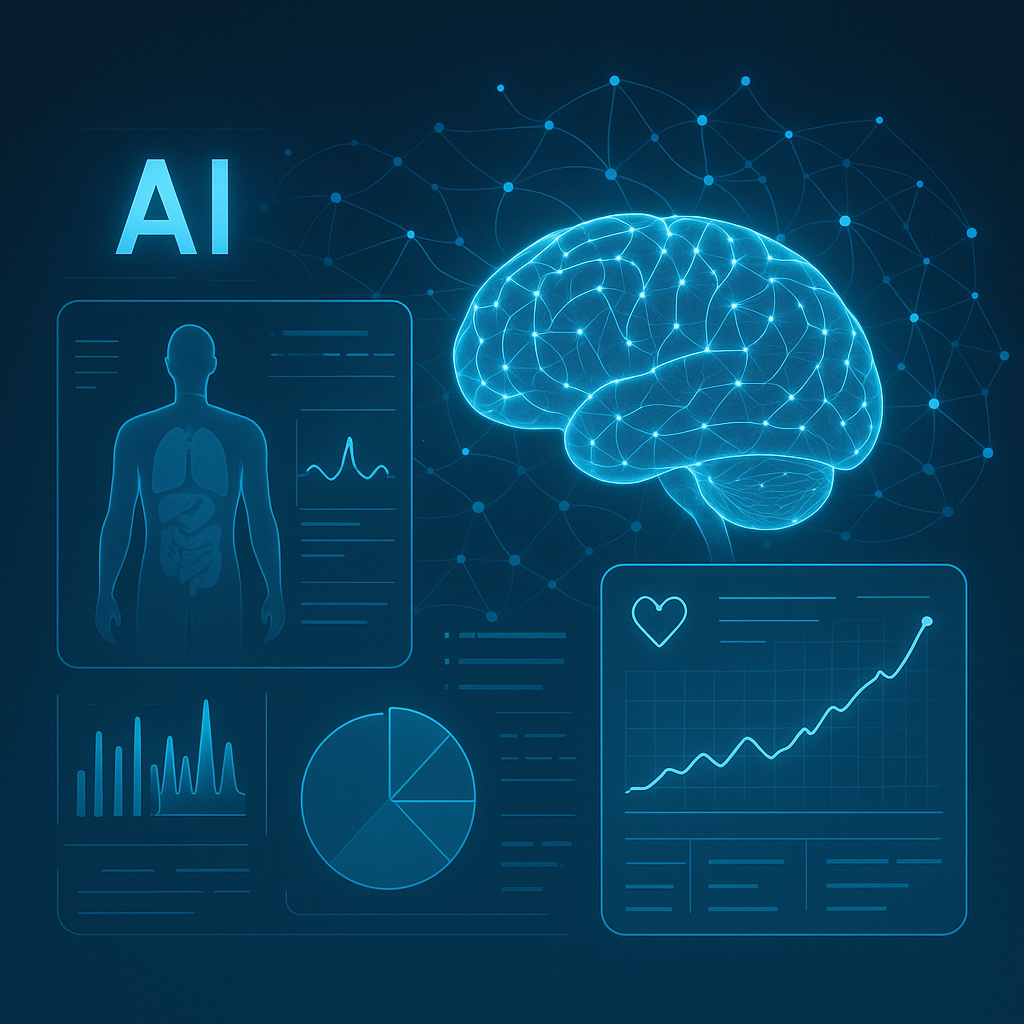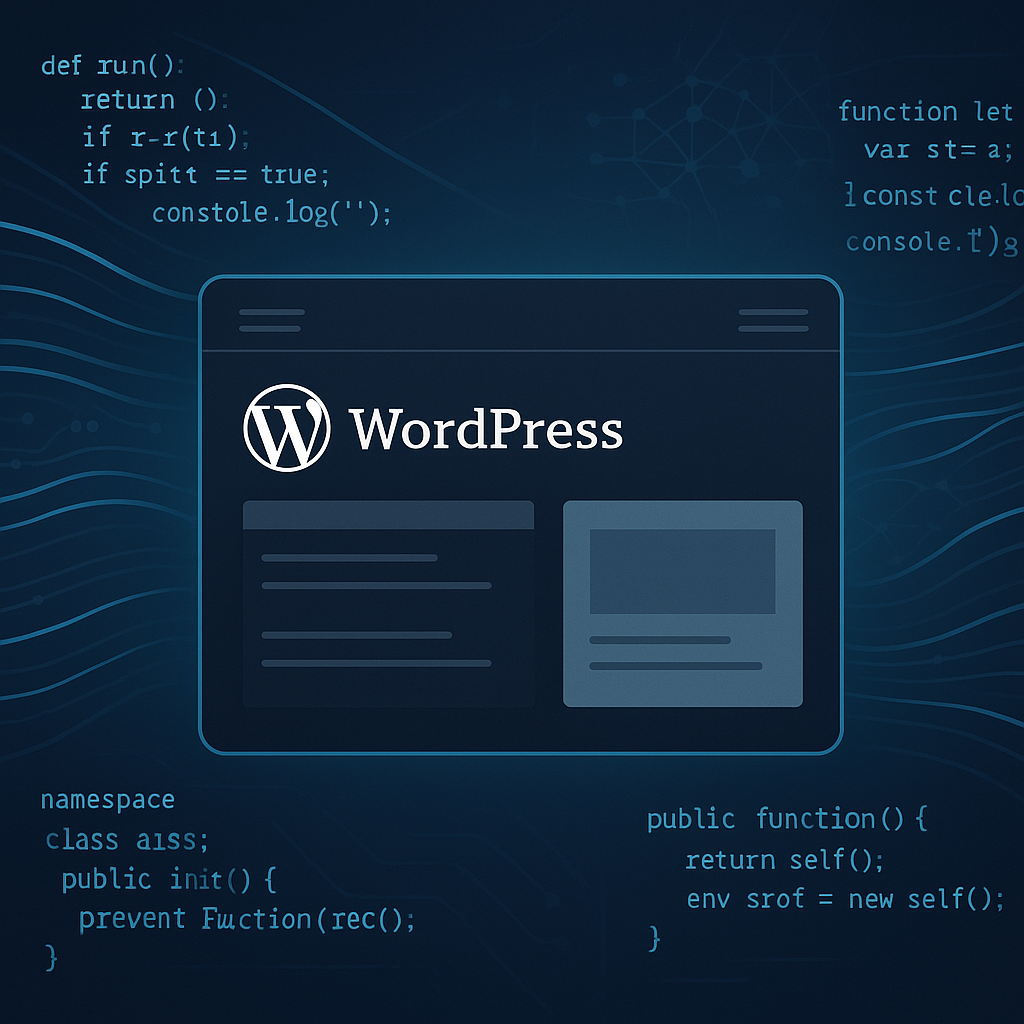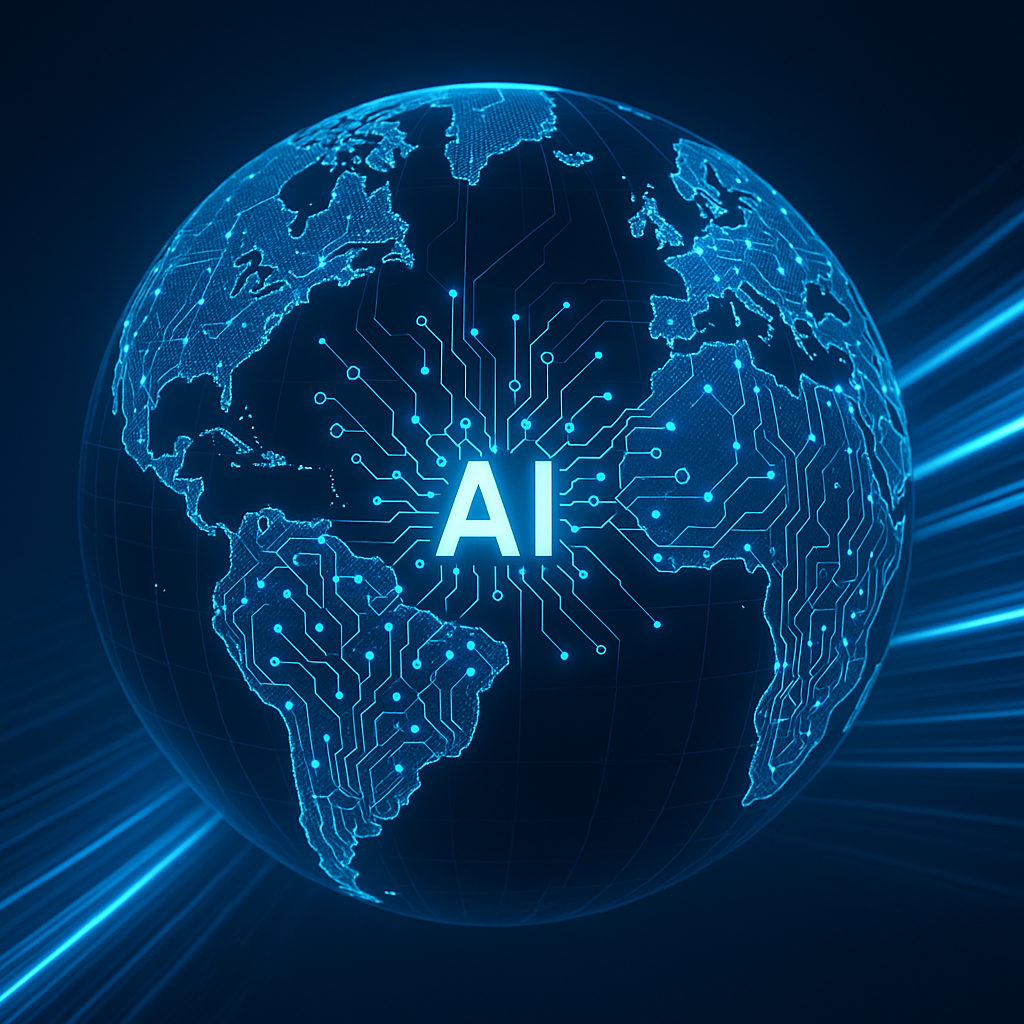
How AI-Driven Predictive Analytics is changing Healthcare Outcomes in 2025
Introduction
In 2025, the healthcare landscape is undergoing a profound transformation driven by AI based predictive analytics and research. By leveraging vast amounts of data, advanced machine learning algorithms are enhancing decision-making processes, improving patient outcomes, and streamlining healthcare delivery. This revolution is not merely incremental; it is fundamentally reshaping how clinicians understand, predict, and treat medical conditions.
The Power of AI Based Predictive Analytics in Healthcare
AI based predictive analytics refers to the use of artificial intelligence to analyze historical and real-time health data to forecast future health events, risks, and trends. Unlike traditional analytics, these models learn complex patterns within clinical, genetic, and lifestyle data that are often invisible to human observers.
This capability opens new avenues for:
Early Disease Detection: AI algorithms identify subtle indicators in imaging, laboratory, and vital signs data to detect diseases like cancer, cardiovascular disorders, and chronic conditions earlier than standard methods.
Personalized Treatment Plans: Predictive models help tailor therapies based on an individual’s genetic makeup and predicted drug response, moving towards precision medicine.
Proactive Patient Management: Predicting hospital readmissions or disease exacerbations allows clinicians to intervene before conditions worsen.
Optimizing Healthcare Resources: Forecasting patient inflow and demand helps hospitals allocate staff and equipment efficiently.
Practical Examples Transforming Care in 2025
1. Oncology: AI Predicts Tumor Behavior
2. Cardiology: Early Warning for Heart Failure
Wearable devices collect continuous ECG and hemodynamic data, feeding AI models that predict heart failure episodes days in advance. This allows timely medication adjustments and avoids emergency hospitalizations.
3. Diabetes Management with Predictive Insights
AI based platforms analyze blood glucose trends along with lifestyle and nutrition data to forecast hypoglycemic events. Patients receive alerts to prevent dangerous lows, enhancing quality of life.
4. Epidemic Forecasting and Public Health
Healthcare systems utilize AI to predict outbreaks and optimize vaccination drives by analyzing environmental, social, and travel data. This has led to more agile responses to infectious threats in 2025.
Implementing AI Based Predictive Analytics: Challenges and Solutions
Despite the clear benefits, healthcare providers face challenges in adopting these technologies:
Data Privacy and Security: Safeguarding sensitive health data is crucial. Advances in federated learning allow AI models to train on distributed data without compromising patient confidentiality.
Data Quality and Integration: Fragmented data from multiple sources can hinder model accuracy. Efforts in standardizing electronic health records and real-time data integration improve predictive performance.
Clinical Acceptance: Trust in AI recommendations requires transparency. Explainable AI techniques are increasingly used to clarify how predictions are made, helping clinicians understand and validate insights.
Regulatory and Ethical Considerations: Navigating complex health regulations is essential. Regulatory bodies are evolving frameworks to safely integrate AI tools into clinical practice.
The Future Outlook: Beyond 2025
Looking ahead, AI based predictive analytics will continue to evolve with enhanced integration of multi-omic data (genomics, proteomics, metabolomics), real-time monitoring, and patient-generated health data. Emerging technologies like quantum computing may accelerate processing capabilities, enabling near-instantaneous predictions.
Moreover, AI-driven virtual health assistants empowered with predictive analytics will support patients in managing chronic diseases independently, reducing healthcare system burdens.
Conclusion
In 2025, AI driven predictive analytics has firmly established itself as a cornerstone of modern healthcare innovation. By transforming data into actionable foresight, it empowers clinicians, enhances patient engagement, and optimizes healthcare operations. While challenges remain, ongoing advancements in technology, policy, and clinical acceptance herald a future where AI based predictive analytics is integral to achieving superior healthcare outcomes worldwide.







